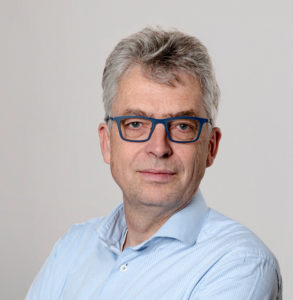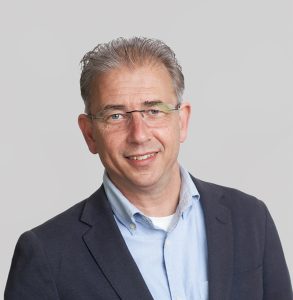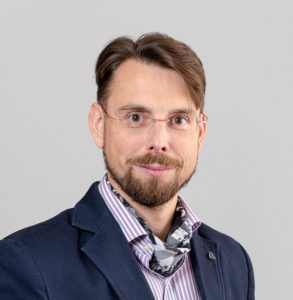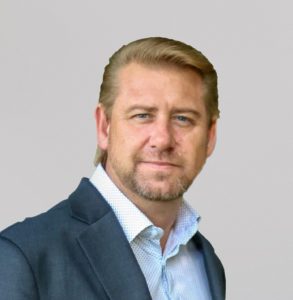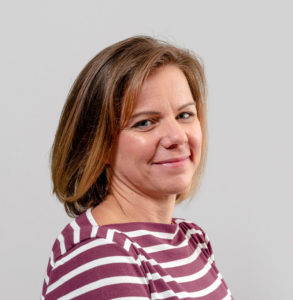The importance of risk-management in the Turkish pharma sector
March 25, 2024
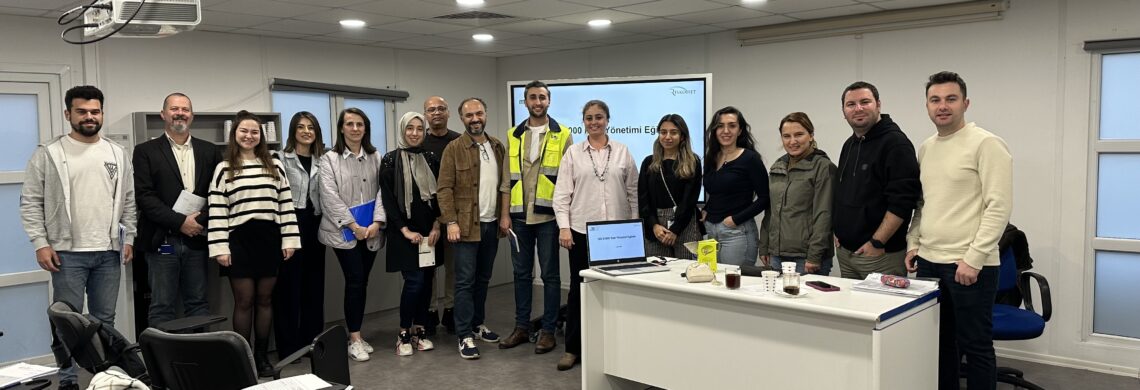
Obvious synergy, relevant expertise and effective training have cemented the excellent relationship between Riskonet Turkey and the Birgi Mefar Group.
The Birgi Mefar Group is a global, Istanbul-based company specialised in primary package manufacturing of empty ampoules and vials, as well as Contract Development and Manufacturing (CDMO) services for small- and medium-volume sterile injectables to international and local pharmaceutical companies, including Pfizer and Bayer.
Excellent Synergy
From the start of their business relationship, the level of cooperation and synergy between the Group and Riskonet was excellent, insists Bahadır Özazar, the Group’s Chief Corporate Operations Officer. It started some three years ago, when the Group wanted to secure a bank loan. A strict condition for obtaining this loan was the submission of a report based on an environmental and social due-diligence study. This was quickly produced by Riskonet, led by local partner in Turkey, Özlem Emgen. “That report and the synergy between us really helped us and proved instrumental in securing that loan,” says Bahadır, “and it convinced us that our partnership with Riskonet should be continued if the opportunity arose.”
Gap Analysis
It didn't take long for that opportunity to present itself. A condition of a 2022 acquisition of the Group by ADQ, a United Arab Emirates government fund, was the provision of a risk-assessment report. “We decided our best course of action was to have an ISO 31000 Gap Analysis carried out, focused on the risks we were exposed to,” reasons Bahadır.
“I would 100 percent recommend the services of Riskonet to other companies”
Bahadır Özazar
Gap Analysis
It didn't take long for that opportunity to present itself. A condition of a 2022 acquisition of the Group by ADQ, a United Arab Emirates government fund, was the provision of a risk-assessment report. “We decided our best course of action was to have an ISO 31000 Gap Analysis carried out, focused on the risks we were exposed to,” reasons Bahadır.
ISO 31000 compliance
Picking up the thread, Özlem agrees that from the very outset they enjoyed a good level of cooperation, they coordinated well and the synergy between them was a good match. As part of the Gap Analysis, she continues, each of the Group’s entities had to have a demonstrable risk-management structure. This entailed establishing the current risk-management situation and then defining the necessary path. “It involved making several site visits and interviewing team members all the way up to management level,” she says. “We also had to establish the type of risks their respective processes involved and how interactions with other processes can impact the Group as a whole. Furthermore, we reviewed existing risk-management documents to ensure compliance with ISO 31000 requirements.”
Reality check
Özlem feels her experience with ISO 31000 proved beneficial in helping the Group meet ADQ’s requirements. She was also able to define an appropriate roadmap for the future. This entailed finding the strong areas, as well as those in which there might be room for improvement. The project could be described as a kind of reality check, she says. “Everything that we discussed was directly related to the client’s line of business and the risks they are exposed to in the pharma sector.”

Flagged up potential weaknesses
According to Bahadır, in her Gap Analysis report Özlem flagged up some clear weaknesses, one of which was a possible water shortage. “Our operations depend heavily on water,” he says. “Özlem advised us that for any such shortage we need to prove just one day’s reserve is not sufficient and that the installation of additional water tanks would make us comply with requirements by safeguarding our business continuity. Furthermore, we have two main facilities, Mefar and Birgi. In the Birgi facility she identified a potential fire risk and a security risk in the nightshift. This prompted us to reassess our fire-risk measures and bolster our nightshift security. She also pointed out that it the area of human resources we needed to do more to retain experienced employees in our production processes.”
Effective training
Following the Gap Analysis Bahadır realised that, going forward, effective risk management would call for a dedicated risk-management team and thus effective training. On Özlem’s recommendation they put together a risk-management team and in December 2023, 20 Birgi Mefar employees from various departments followed a two-day training programme, which was also provided by Özlem. “And we were very satisfied with this training programme,” assures Bahadır.
Good feedback
“We also received some good feedback from participants,” continues Bahadır. The general consensus was that bringing together employees from so many different departments helped them identify the main risks the company was exposed to. Based on their discussions during the training, the participants prepared a report in which they were able to summarise these risks. “They also said they liked the style and structure of the training, and the fact that in just two days they were given four very helpful workshops.”
Relevant training
Özlem agrees that the participants enjoyed the training programme. The case studies they discussed were all related to the pharma sector and they had several lively discussions on the various aspects of risk management relating to that sector, she explains. She also noticed that the participants were looking forward to implementing the next steps along their risk-management roadmap. “A training programme like this is always specifically adapted to the client and its respective sector, particularly when it comes to the case studies. Even if we are not familiar with a client, we always thoroughly research the sector, the potential risks that are involved and any possible historical losses or incidents. In this way, and by using realistic scenarios, we make every training programme as relevant as possible.”
Differentiator
Riskonet was one of three candidates approached to provide this training, concedes Bahadır. One offered a half-day programme, another offered a full day. Riskonet, however, offered two days. He was convinced that the intensities and complexities of understanding a risk-management system cannot be rushed. “The content of their training, covering the whole risk-assessment environment was what differentiated Riskonet,” he insists, “and of course, Özlem’s expertise and experience. The training programme has instigated a cultural change that has added value to the company in the area of risk management.”
Highly recommended
Bahadır has no hesitation in recommending Riskonet. “They have shown themselves to be capable of quickly providing high-quality reports and are very well structured in the area of training. We were very satisfied with the report that we were able to share with ADQ, which now also serves as a sort of risk-management reference document for us. I would 100 percent recommend the services of Riskonet to other companies!”
